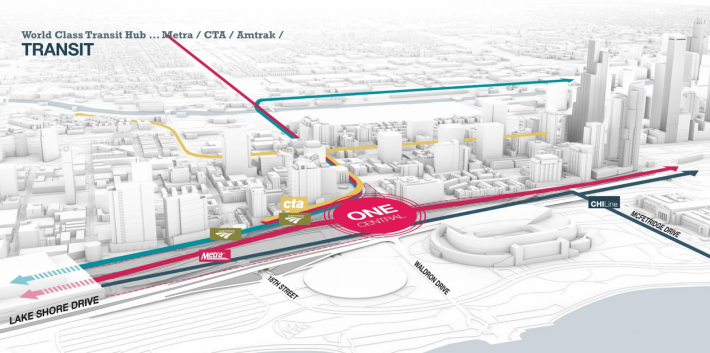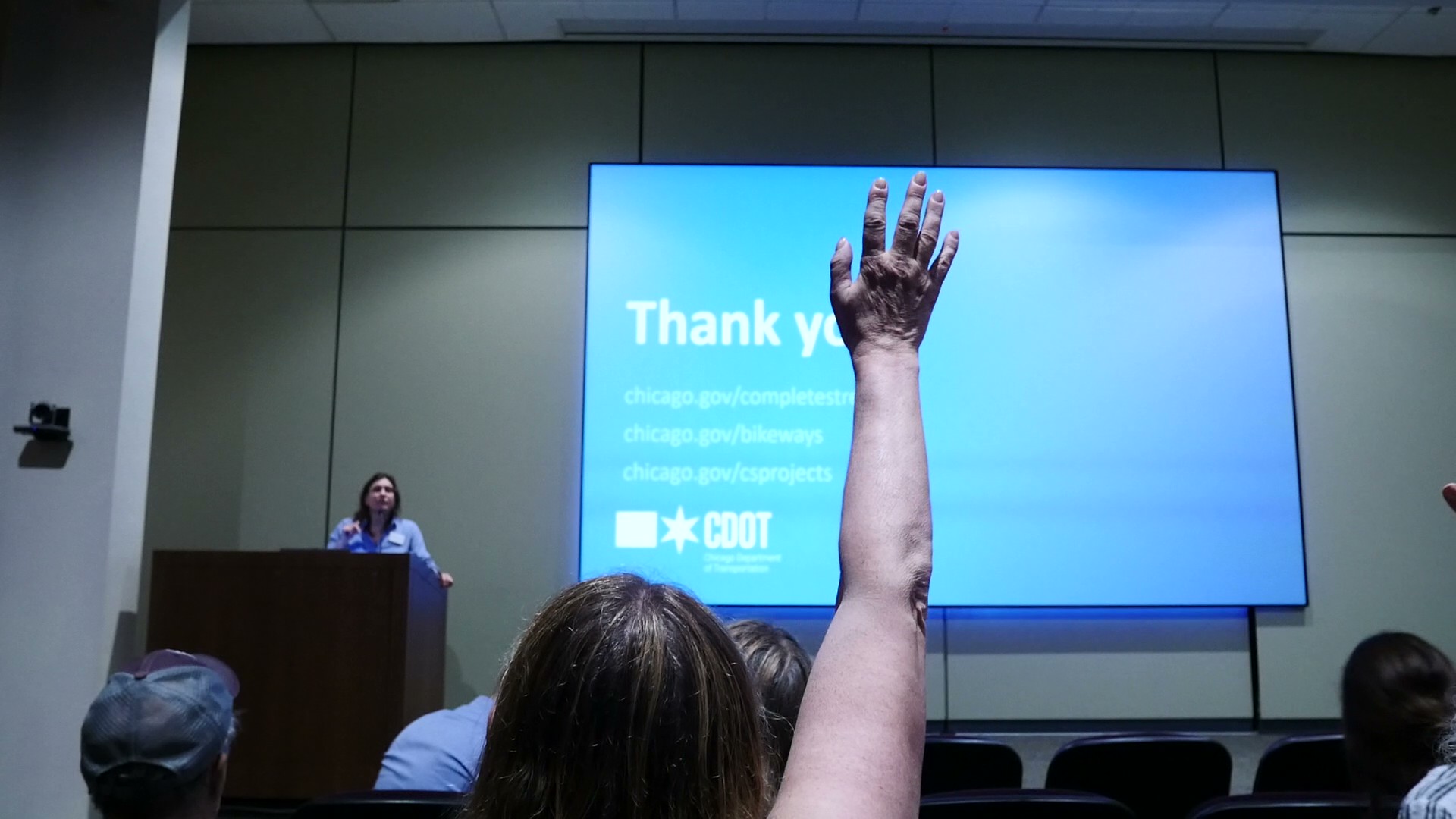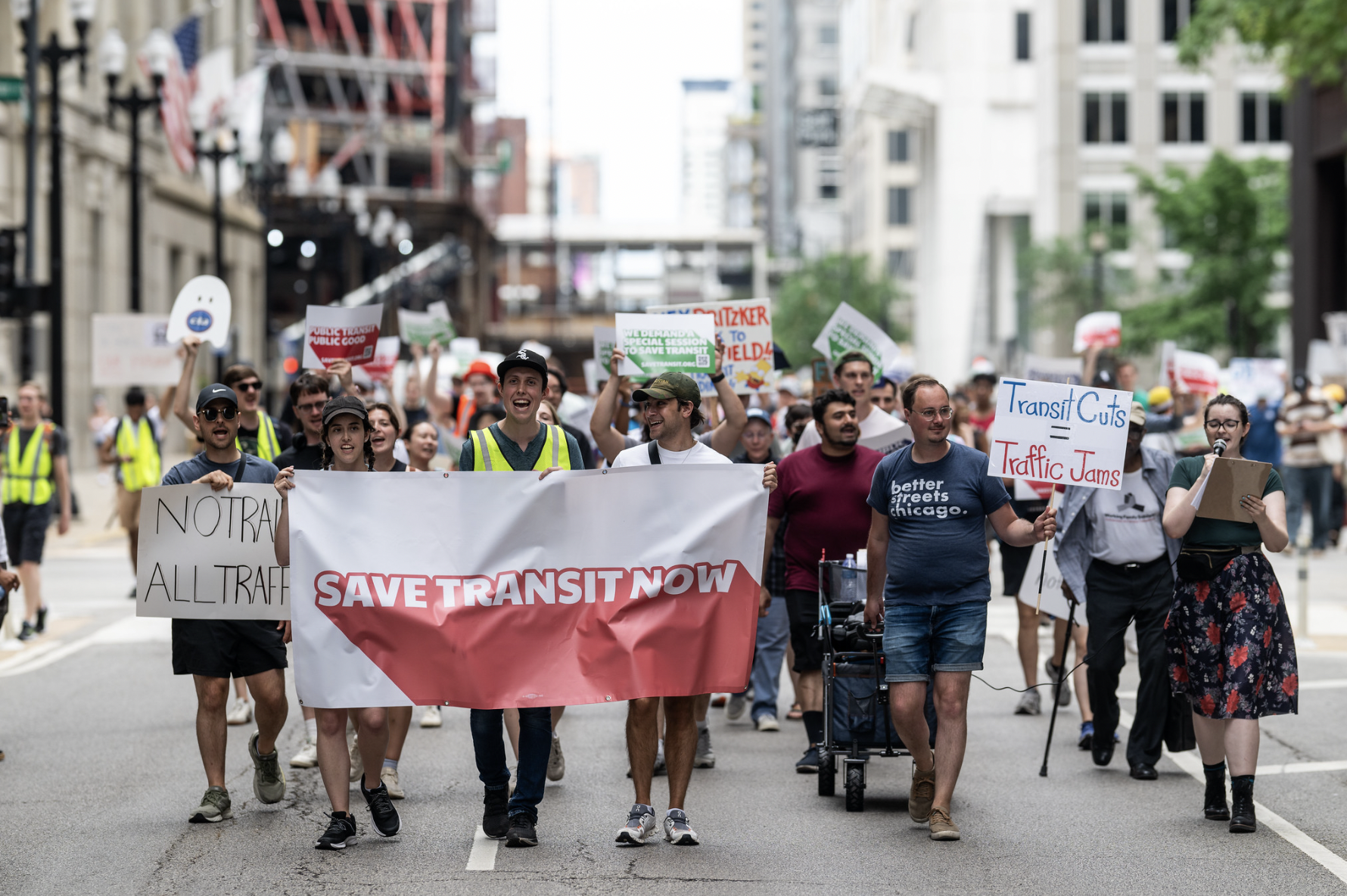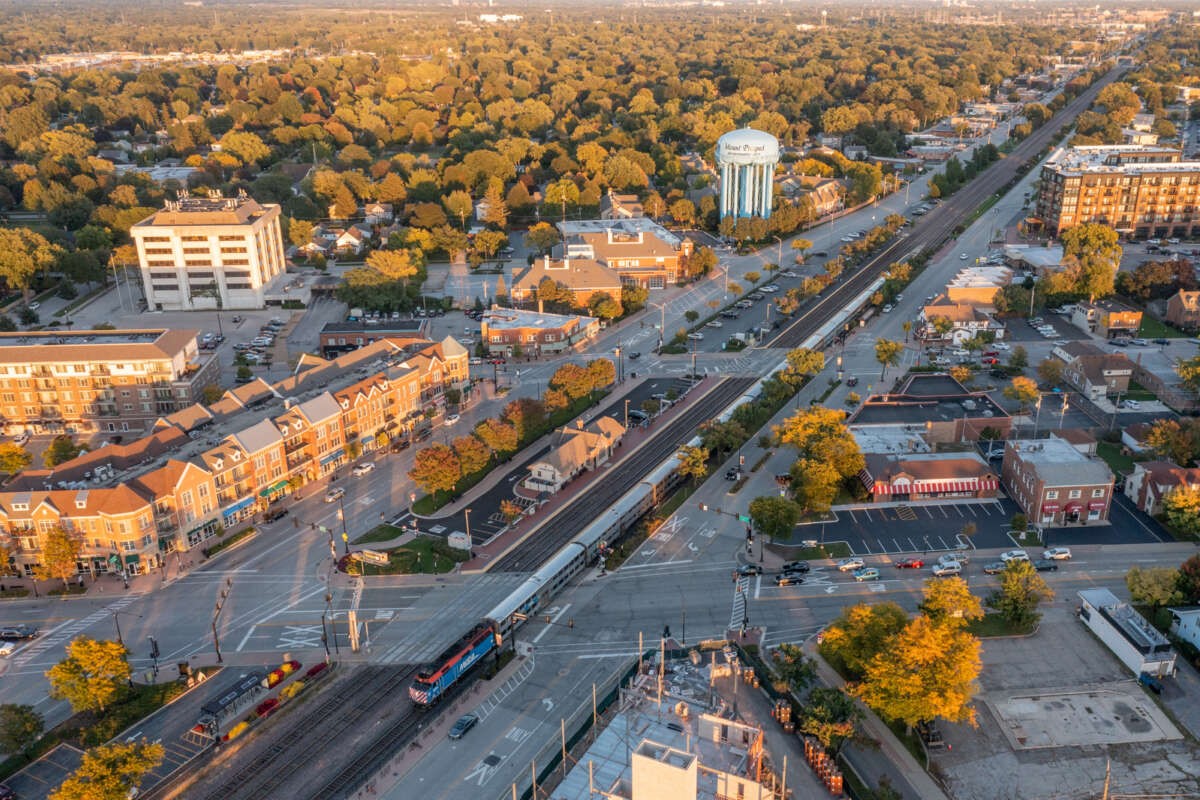It's possible that the proposed One Central megadevelopment would be good for downtown transit. But so far Wisconsin-based Landmark Development has failed to make a case that the project, which would include a transit hub created by capping a long stretch of Metra tracks west of Soldier Field in the South Loop, would have enough public benefits to justify the $6.5 billion in state financing the developer is seeking. As such, state representative Kam Buckner is trying to put the brakes on what he characterizes as "underhanded" efforts in Springfield to get the subsidy approved.
In addition to the transit hub, One Central would include skyscrapers and new parkland, and Landmark says the massive undertaking would help better connect attractions such as the stadium and the Museum Campus to Chicago’s existing transit network. The $20 billion plan, which is expected to take 15 years to complete, would build an enormous platform over the tracks, anchoring new towers, plazas, and the transit hub.
The transit hub is supposed to bridge a rapid transit divide for the Near South Side, connecting residents and office workers to the CTA’s Orange Line as well as Metra and Amtrak service. According to Landmark, a proposed “CHI-Line” circulator system would transport people “over Lake Shore Drive, around the Museum Campus, up to the parks, and to Navy Pier.”

However, in February the fiscal conservatives over at the Chicago Tribune editorial board correctly pointed out that Landmark has yet to make a compelling argument for why their grand scheme deserves the massive state subsidy. “For us, it’s that transit hub that prompts a double-take, and has us worried about the burden it would put on state taxpayers.”
Yesterday Representative Buckner, chair of the Illinois House Black Caucus, filed House Bill 4075, which he said would amend the state finance act to repeal provisions for the One Central subsidy "snuck into" Illinois' 1,000-plus-page 2019 budget implementation bill. "Governor [J.B.] Pritzker has no interest in allocating these funds to One Central, and I applaud him for that," Buckner told Streetsblog. "but I wanted to make sure the $6.5 billion would not be allocated."
"Many of us [state legislators] feel that we were pushed out of these conversations" on financing One Central, Buckner said, also referencing fellow local state rep Lamont Robinson, and state senators Mattie Hunter and Robert Peters. Buckner added that these legislators spoke with Landmark representatives in early 2019. "Somehow [provisions for the subsidy] still made it into the bill. It was one of those age-old Springfield processes. We sent the governor a letter saying we thought there was some chicanery going on."

Buckner said he's not sure who's responsible for slipping the One Central funding into the 2019 budget bill, although he's heard rumors of who was was responsible, and that it was a last-ditch effort. "This isn't about us not supporting the project, but rather not supporting the process."
The state rep said that to get passed, HB 4075 would have to get a committee hearing, go for a full vote on the House floor, and then move over to the Senate, and time is running out to get that all done this year. But he's optimistic that the legislation will pass during the 2022 legislative session.
While Buckner said he's not opposed to One Central per se, he indicated that he sees the transit hub proposal as a distraction from more pressing Illinois public transportation funding needs. "Our transit agencies need us to look at how to sustain and coordinate existing service, while looking at new capital improvements, and initiatives to lower fares and improve service," he said, pointing to the Fair Transit South Cook initiative, which has halved fares and increased service on South Side Metra lines. "Right now this [One Central] conversation is sucking all of the oxygen out of the room, and I think that's a mistake."






